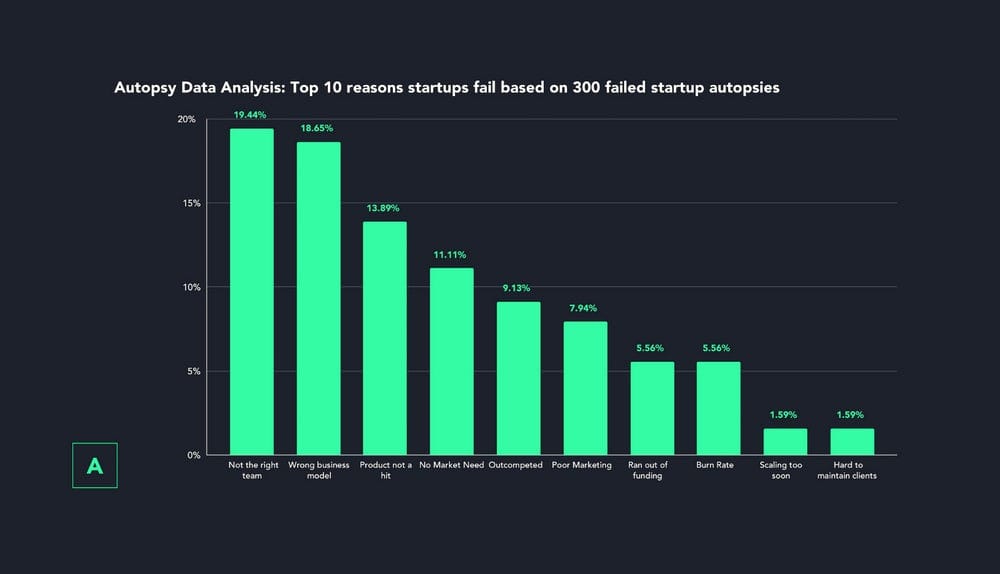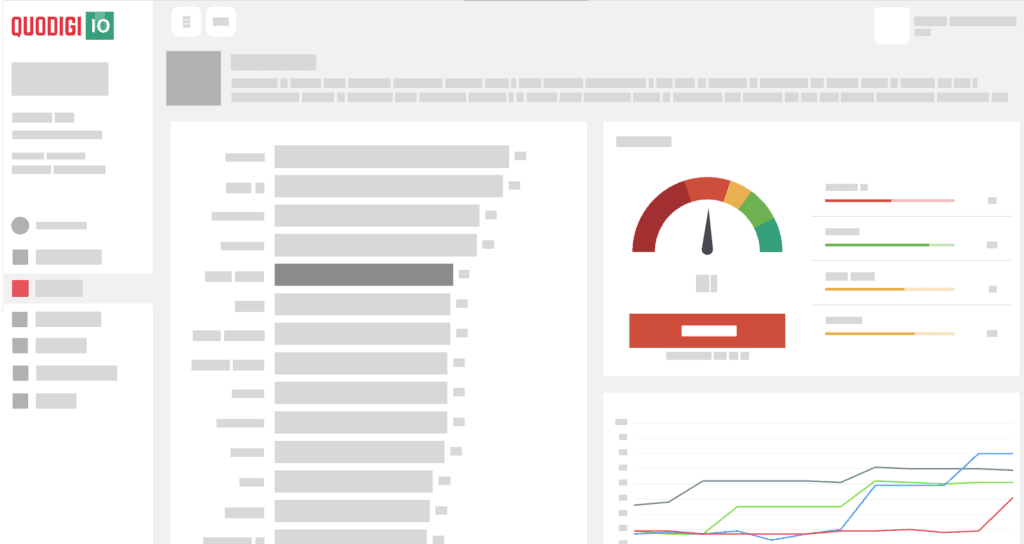Project management and the discipline of cost reduction have been around since before the Internet, but when it comes to digital and technology, it is rarely or inappropriately discussed. Why is this? The first big reason is the lack of information on digital mechanics, the second is the great cultural distance (at all scales) between business operators (executives, managers) and technology operators (technicians, suppliers). Finally, there is a lack of professionals who bridge the gap and take responsibility.
It may seem trivial and absurd, but after various discussions with entrepreneurs and executives with whom I happened to deal with this issue, it is easy to see a kind of "invisible barrier" separating the digital e companies.
It is difficult to communicate with each other and we are often led to think and see the digital and technology (IT) sphere as a separate sector, when it is empirically proven that the digital transformation impacts multiple levels and spheres of the organization. We need only think of how these areas of the company have evolved over the last 15/20 years as a result of this transformation process:
- Strategy and management consulting
- Communication & branding
- Marketing & Sales
- IT, Technology
- Human Resources
- Research and Development
According to a 2009 International Data Corporation (IDC) report on improving IT project results, the 25% of Technology projects totally fails. Based on the same report, up to 50% of projects require rework of the designed technology architecture and from 20% to 25% provide no return on investment (ROI).1
Project management or project management is described as one of the main causes of the failure of these technology projects, precisely when this management is relegated exclusively to the IT department of the company.
Distance
This general disinterest leads to a distance between the parties, even within the same organization, which in turn leads to dramatic consequences.
When everything works, everything is fine. However, there are cases (even egregious) very noisy. I want to mention three of them in particular (references of each one to deepen at the end of the article)2which impact three very different types of companies: state-owned, corporate and startup:
Italia.it case - €60 million investment for a portal that never really got off the ground

Hertz and Accenture case - $ 32 million lawsuit over digital project that never worked

Startup Case - Known projects never got off the ground with investments of up to $ billion

Liability
Some time ago I published this in-depth article in which I promoted the birth of a professional figure: that of the digital/web architect. Disregarding the specific name (it can be called in any other way, such as Innovation manager for example) this figure would perform the role of director, within the corporate organizational chart, between horizontal needs (or business) and vertical (or technology) in the Processes and projects involving digital transformation.
At the level corporate you hear this requirementBecause we are increasingly in the whirlwind of digital transformation (and therefore with increasingly liquid business sectors and less precisely "compartmentalized") it is difficult to find professionals who can translate this transformation into action and act as a link.
Returning to the title of the article, the type of professional contribution within a company (or startup) of this type of figure is obvious and can be helpful in answering these kinds of questions in a concrete way:
- Is the technology we are adopting really the right one?
- Is the communication adopted and the costs derived correct?
- Is the multi-channel digital marketing investment we are making efficient?
- Is the internal and external team following the project the best?
- Are we reading the project analytics and KPIs correctly?
- How is our industry evolving because of digital?
The digital/web architect, because of his hybrid preparation is the perfect figure both in startup environments (where they can effectively express the multifaceted preparation also in a more operational way) and SMEs/Corporates (where they can positively influence from a management/operational point of view the choices on the specific project and play the role of connection between the various business sectors)




